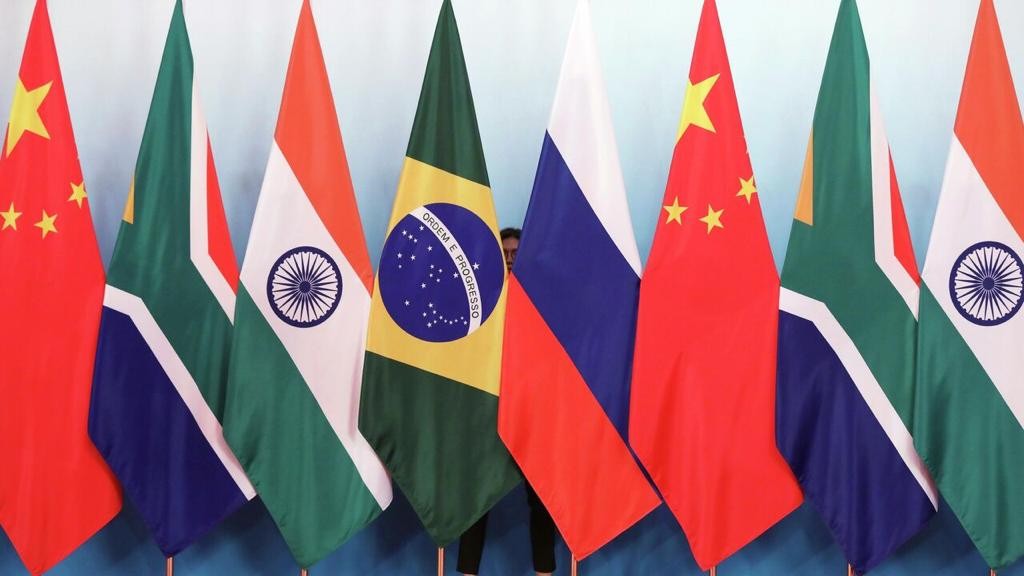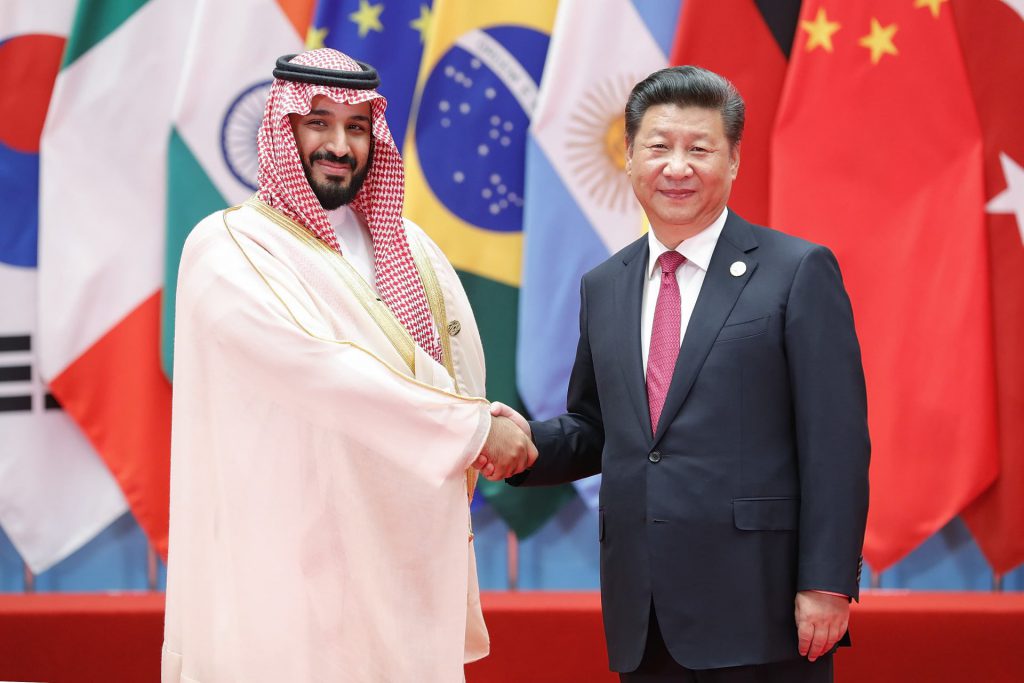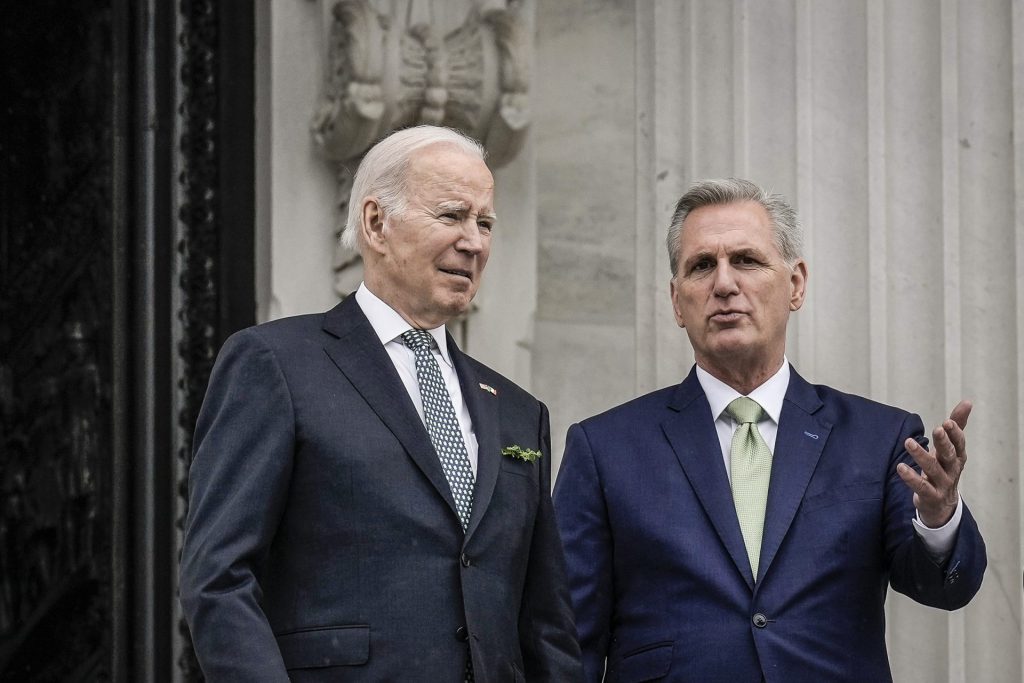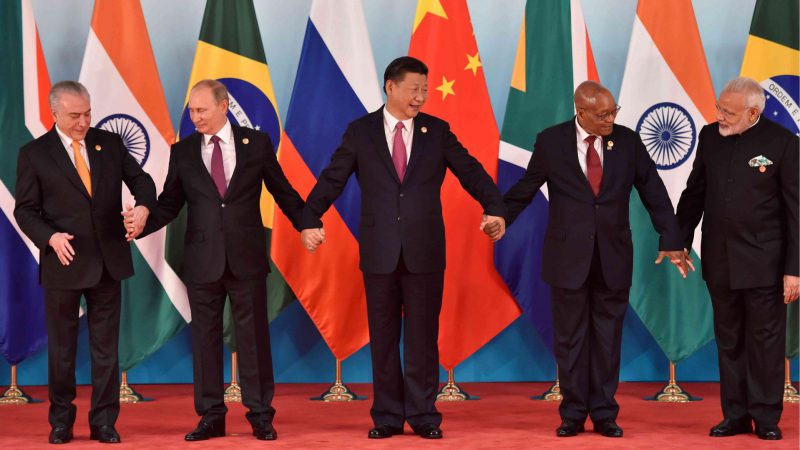At the recent BRICS Foreign Ministers Meeting, the drive toward a multipolar world was a clear emphasis. Moreover, as potential expansion looms for the bloc, that goal seems as attainable as ever. Yet, just how close is that reality to the current global political landscape?
The collective of Brazil, Russia, India, China, and South Africa is seeking to expand its ranks at the upcoming BRICS summit. Subsequently, with discussion over a developing currency to combat the US dollar, multi-polarization feels entirely within reach.
The BRICS Call for Change


Amid the BRICS ministerial meeting that took place in Cape Town, the collective was called the “symbol of change.” Moreover, it spoke of the voice that the bloc is seeking to bring to countries long forgotten by the dominant presence of the West.
South African Foreign Minister Naledi Pandor said, “The developed countries have never fulfilled their commitments to the developing world and are trying to shift all responsibly to the Global South.” Specifically, a global south that has already been rid of US influence through actions taken by the West.
The bloc, led by Russia and China, has subtly embraced its call for change in recent months. First catapulted by Western sanctions placed on Russia, it has embraced de-dollarization efforts. Moreover, it has called for developing countries to find an alternative to a US dollar system that has consistently embraced unipolarity in the global order.


The bloc is not perfect, and it has not yet completely challenged the global power balance, but it is certainly making strides. Moreover, it can greatly benefit from the developments that should come from the upcoming BRICS summit.
More than 20 countries have already submitted membership requests to join the collective. Additionally, those nations are standing by and prepared to accept the developing BRICS currency. Indeed, an alternative currency for trade settlement will work in two vital ways. Bringing the alliance further together, and challenging the perspective of the weaponization of monetary policy by Western banks.
These two concepts work in tandem, and they progress with one another. Furthermore, their progression provides evidence that, for BRICS, a multipolar world is not out of reach. It is rather simply a goal that it is continually striving for.
Is the Extinction of Unipolarity Unavoidable for the West?


Alternatively, where multipolar efforts for the BRICS bloc are built on potential, it does feel as though a unipolar order is rapidly going extinct. The United States has long benefited from events like the Bretton Woods Agreement and is rightfully positioned after World War II. Yet, current developments have challenged whether that continued unipolar reign could continue.
Even if the multipolar world is not fulfilled by the BRICS, these developing nations have certainly spoken. They have clearly asserted their desire to challenge the status quo. Now, that desire for the challenge is nothing new, but current circumstances have only enhanced it in the modern economic climate.
The Federal Reserve is desperately combating inflation. Moreover, conflict in the United States political realm has created two sides of the aisle. Subsequently, the actions of the Bien Administration have not been able to combat that growing multipolar desire. Unfortunately, the United States has a clear role to play in that.





